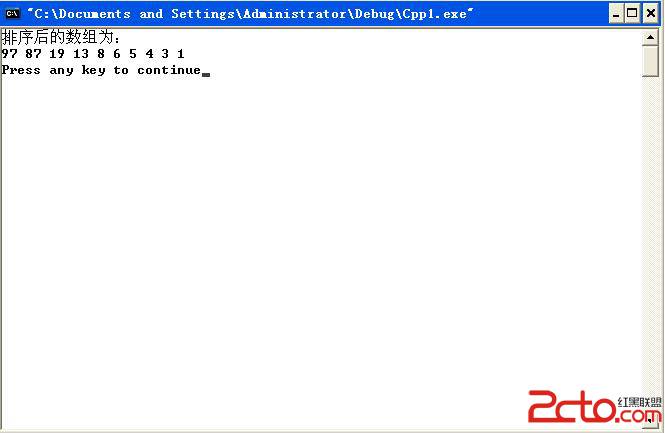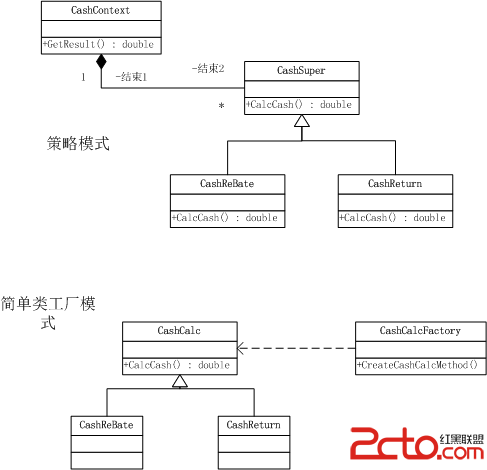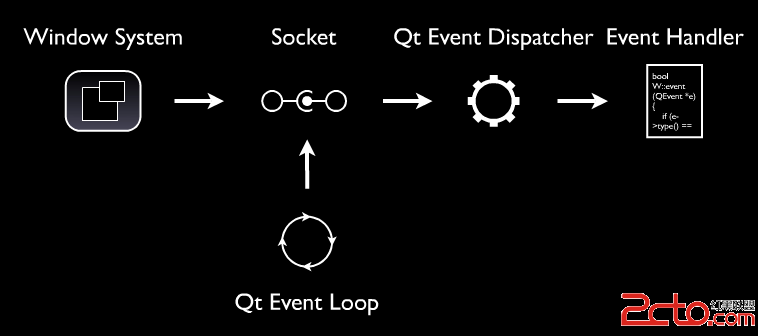myminimad.c
[plain]/*
* 本程序是从 minimad 改进而来,如要更详细的说明请参看 minimad.c
*
* MyMinimad.c , 2008/09/17 , SiChuan University , China
*
* 编译: gcc MyMinimad.c -o MyMinimad -lmad -g -Wall
* 运行: ./MyMinimad filename.mp3
*/
# include <stdio.h>
# include <stdlib.h>
# include <unistd.h>
# include <sys/stat.h>
# include <sys/mman.h>
# include <sys/soundcard.h>
# include <sys/ioctl.h>
# include <sys/fcntl.h>
# include <sys/types.h>
# include <mad.h>
struct buffer {
unsigned char const *start;
unsigned long length;
};
static int sfd; /*声音设备的描述符 */
static int decode(unsigned char const *, unsigned long);
int main(int argc, char *argv[])
{
struct stat stat;
void *fdm;
char const *file;
int fd;
file = argv[1];
fd = open(file, O_RDONLY);
if ((sfd = open("/dev/dsp", O_WRONLY)) < 0) {
printf("can not open device!!!/n");
return 5;
}
ioctl(sfd, SNDCTL_DSP_SYNC, 0); /*此句可以不要 */
if (fstat(fd, &stat) == -1 || stat.st_size == 0)
return 2;
fdm = mmap(0, stat.st_size, PROT_READ, MAP_SHARED, fd, 0);
if (fdm == MAP_FAILED)
return 3;
decode(fdm, stat.st_size);
if (munmap(fdm, stat.st_size) == -1)
return 4;
ioctl(sfd, SNDCTL_DSP_RESET, 0);
close(sfd);
return 0;
}
static
enum mad_flow input(void *data, struct mad_stream *stream)
{
struct buffer *buffer = data;
if (!buffer->length)
return MAD_FLOW_STOP;
mad_stream_buffer(stream, buffer->start, buffer->length);
buffer->length = 0;
return MAD_FLOW_CONTINUE;
}
/*这一段是处理采样后的pcm音频 */
static inline signed int scale(mad_fixed_t sample)
{
sample += (1L << (MAD_F_FRACBITS - 16));
if (sample >= MAD_F_ONE)
sample = MAD_F_ONE - 1;
else if (sample < -MAD_F_ONE)
sample = -MAD_F_ONE;
return sample >> (MAD_F_FRACBITS + 1 - 16);
}
static
enum mad_flow output(void *data,
struct mad_header const *header, struct mad_pcm *pcm)
{
unsigned int nchannels, nsamples, n;
mad_fixed_t const *left_ch, *right_ch;
unsigned char Output[6912], *OutputPtr;
int fmt, wrote, speed;
nchannels = pcm->channels;
n = nsamples = pcm->length;
left_ch = pcm->samples[0];
right_ch = pcm->samples[1];
fmt = AFMT_S16_LE;
speed = pcm->samplerate * 2; /*播放速度是采样率的两倍 */
ioctl(sfd, SNDCTL_DSP_SPEED, &(speed));
ioctl(sfd, SNDCTL_DSP_SETFMT, &fmt);
ioctl(sfd, SNDCTL_DSP_CHANNELS, &(pcm->channels));
OutputPtr = Output;
while (nsamples--) {
signed int sample;
sample = scale(*left_ch++);
*(OutputPtr++) = sample >> 0;
*(OutputPtr++) = sample >> 8;
if (nchannels == 2) {
sample = scale(*right_ch++);
*(OutputPtr++) = sample >> 0;
*(OutputPtr++) = sample >> 8;
}
}
n *= 4; /*数据长度为pcm音频采样的4倍 */
OutputPtr = Output;
while (n) {
wrote = write(sfd, OutputPtr, n);
OutputPtr += wrote;
n -= wrote;
}
OutputPtr = Output;
return MAD_FLOW_CONTINUE;
}
static
enum mad_flow error(void *data,
struct mad_stream *stream, struct mad_frame *frame)
{
return MAD_FLOW_CONTINUE;
}
static
int decode(unsigned char const *start, unsigned long length)
{
struct buffer buffer;
struct mad_decoder decoder;
int result;
buffer.start = start;
buffer.length = length;
mad_decoder_init(&decoder, &buffer, input, 0, 0, output, error, 0);
mad_decoder_options(&decoder, 0);
result = mad_decoder_run(&decoder, MAD_DECODER_MODE_SYNC);
mad_decoder_finish(&decoder);
return result;
}
补充:软件开发 , C语言 ,




